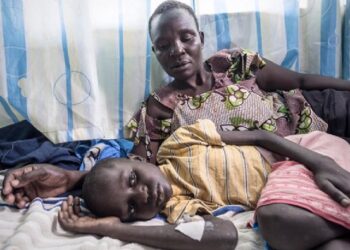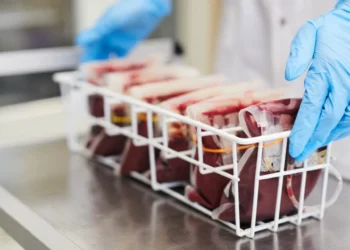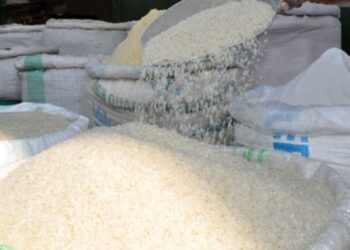Mulago Hospital leadership has announced that the facility will be able to perform kidney transplant procedures before March. Apart from the many Ugandans who seek treatment for renal-related illnesses abroad, Mulago Hospital is also concerned by about the many kidney-related complications.
A person is born with two kidneys on either side of the spine just below the rib cage. Their key function is to filter and remove excess waste, minerals and fluid from the blood by producing urine.
What is kidney failure?
Kidney failure, also known as renal failure, is a medical condition in which the kidneys fail to adequately filter waste products from the blood. When this happens, a surgical procedure is performed to place a healthy kidney from a live or deceased donor into a person whose kidneys no longer functions properly. The process is called kidney transplant.
The hospital’s executive director, Dr Baterana Byarugaba, while addressing journalists at Mulago yesterday, said some Ugandan doctors who have been receiving necessary expertise outside the country have returned ready to start kidney transplants.
First transplant
“Before March, we must have a renal transplant. Once we are set, experts from Yashoda Hospital in India, together with their UK counterparts, will join our team to perform the first kidney transplant,”
Byarugaba said.
“As they carry out the first and second operation, handson skills will be transferred to our trained doctors,” he added.
Mulago according to Byarugaba, has already signed a memorandum of understanding with other hospitals in the US, UK and Egypt. Byarugaba said the move will reduce the number of referrals abroad.
Statistics
Previous records at Mulago renal unit indicate that every month, the hospital registers 15 to 16 new cases of patients on dialysis, majority being adults.
The hospital was using about 20 dialysis machines to handle between 60 and 80 patients daily before relocating the renal ward to Kiruddu Hospital. The World Health Organisation estimates that 5-10 million people die from kidney disease annually. Kidney-related failures are commonly attributed to patients with hypertension and diabetes. Swelling of legs, ankles, a reduced amount of urine, shortness of breath, excessive drowsiness or fatigue and persistent nausea, among others, are some of the symptoms of kidney complications.
When kidney transplant finally kicks-off at Mulago, it would reduce costs of seeking the treatment to affordable measures. Byarugaba was not categorical on the likely cost of the kidney transplants, although he indicated it would cost tens of millions of shillings.
“If you go to India, the cheapest hospital will charge a patient $20,000 (about sh76m) excluding transport, feeding of both the patient and caretakers. The amount of drugs the patient takes and the preparation for this patient, the sundries the patient consumes, keeping the patient for three months after the transplant procedure, alone cannot cost less than sh15m. “Recently, we had a camp of neuro-surgeries and we had a patient who consumed over sh160m medical items before the operation was done. And if the operation was included, it consumed about sh200m,” he said.
Dr. Ekwaro Obuku, the president of Uganda Medical Association said: “Kidney transplant is a welcome step to avail highly specialised care to Ugandans. This will reduce costs due to medical tourism and it is the beginning of strengthening local capacities for other high end procedures, such as liver and bone marrow transplant.”
However, Byarugaba appealed to the Government to increase funding to the facility to enable it sustain the specialised services the hospital is rolling off. According to Byarugaba, out of over sh100b required to buy drugs and sundries, the hospital this financial year got only sh14.3b and for essential drugs.
Renovations
In 2014, President Museveni launched the re-modeling of Mulago hospital and this is estimated to cost $$49m (sh176b) when complete.
The equipment is estimated to cost $20m, thanks to a loan facility from the African Development Bank. Last year, works supervisor Joadah Consult’s chief executive officer, Joel Aita, said the refurbished Mulago will provide organ transplant services and carry out other sophisticated medical treatments. Construction work is expected to be completed by December last year. Yesterday, Byarugaba said most of the work is complete and that they expect the refurbished hospital to be commissioned next month.































































